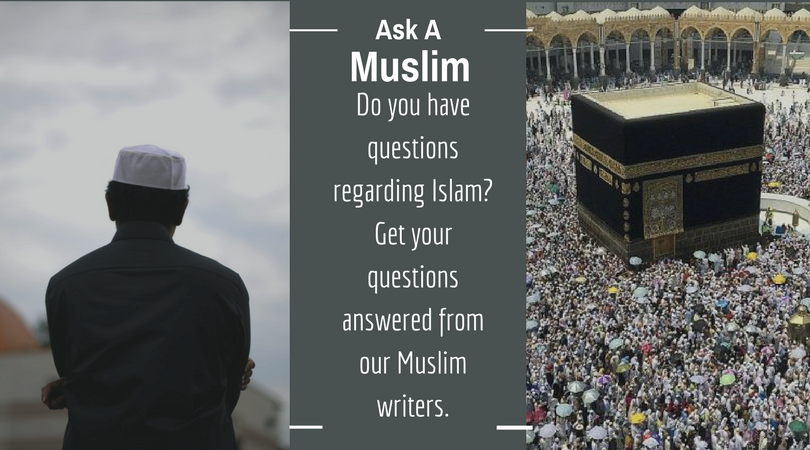Ask a Muslim: Can Non-Muslim Women Wear a Hijab?
What do you want to Ask a Muslim? Submit your questions online or fill out the form below.
Commentary by Maimoona Harrington | FāVS News
Hello! I have a question! I want to try practicing modesty. While I do not practice the belief typically associated with it, is it okay if I dawn a hijab? I do practice another religion, and I have for over four years now. But, even before, modesty has always been my thing, and I was curious if me taking that step to practice this even more would be deemed offensive or a betrayal to other people who wear a hijab? I just don’t want to be seen as offensive to those who do wear them and practice Islam who may seek comfort in that, and to, simultaneously, at first glance be hurt by my differences. Where I live is a pretty rural area, and I see almost no one wear them at all, but I would be heartbroken if I ever ran into someone who thought they could seek solace in me to feel bad that we don’t practice the same thing or like I tricked them.
Dear Reader,
Thank you for asking the question and being so thoughtful.
The headscarf worn by Muslim women to cover their hair is known as hijab. Hijab is an Arabic word that basically translates to word “barrier.”
Hijab is divided into two categories in Islam. One is modest attire in shape of hijab or abaya and other is personal behavioral hijab between opposite genders and having a modest code of conduct in social settings. Modesty is appreciated in Islam and is an important aspect of religion to be adopted in all shapes of practices.
Wearing of a hijab is your personal choice; however, in Western societies, it is considered a symbolism of Islam. There is a very low chance that a Muslim will feel betrayed or offensive toward you. On the contrary, I think they will respect you for adhering to modesty. From a religious point of view I believe that all religions highlight the significance of modesty both in clothing as well as in behavior.
Peace!
Ask a Muslim
What questions do you have about Islam? Fill out the form below and our writer will get back to you by writing a column in response.







